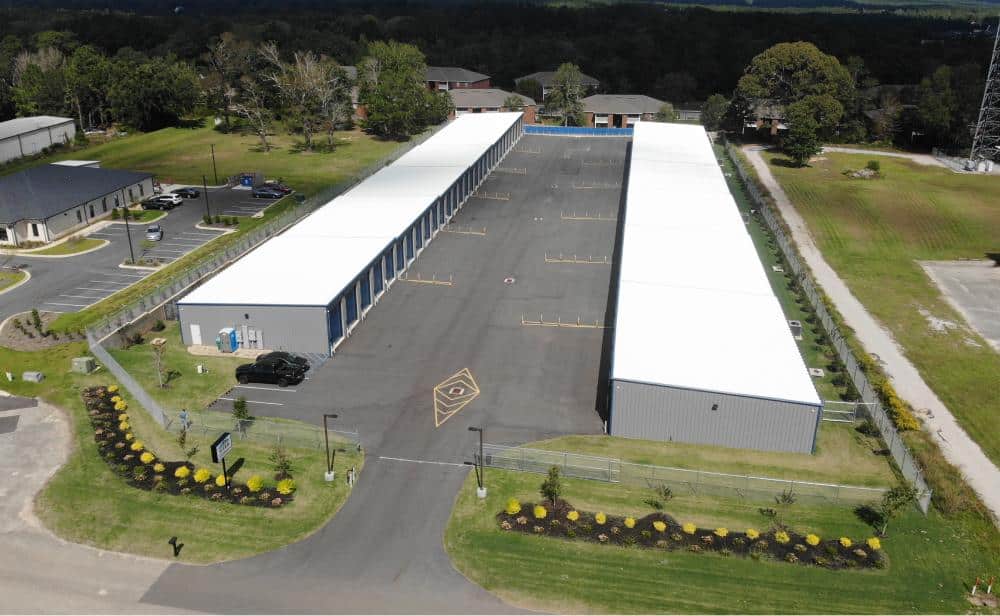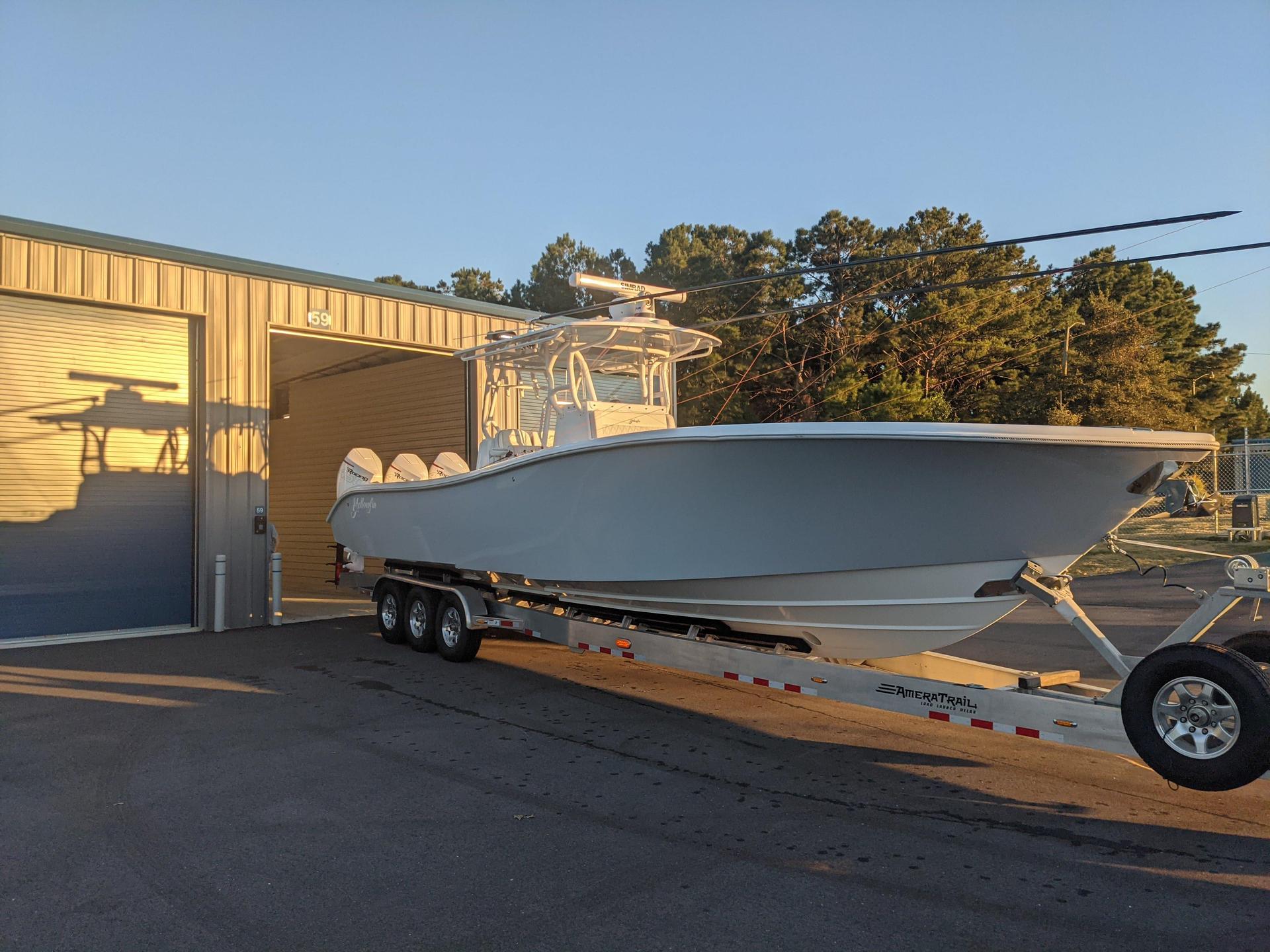Finding reliable and secure car storage near me is essential for vehicle owners who need a safe place to keep their cars, boats, RVs, motorcycles, or trailers. Whether you're relocating, downsizing, or simply looking for seasonal storage, understanding the features offered by local storage facilities can help you protect your investment and choose the right option with confidence.
1. What Types of Car Storage Options Are Commonly Available?
Car storage facilities near you typically offer a variety of options designed to accommodate different vehicles and storage preferences. These include:
- Indoor Storage: Fully enclosed storage units or garages provide maximum protection from weather, dust, and vandalism. These often come in varied unit sizes suitable for cars, motorcycles, and smaller trailers. Outdoor Storage: Spaces that are either covered or uncovered. Covered parking shields vehicles from direct sun and precipitation but remains open on the sides, while uncovered parking spaces are exposed to all elements. Self-Storage Units vs. Managed Storage: Self-storage allows customers to access their vehicle storage unit independently, often with drive-up access for easy loading and unloading. Managed storage facilities might offer additional services such as valet parking and staff assistance. Specialized Vehicle Storage: Many facilities accommodate diverse vehicle types, including RV storage, boat storage, motorcycle storage, and trailer storage. This ensures the right size parking spaces and tailored amenities are available.
Location and space availability vary by facility, so it's important to check the sizes offered and whether they suit your specific vehicle type. Drive-up access and convenient location close to home or workplace enhance usability.
2. How Do Car Storage Facilities Ensure the Security of Stored Vehicles?
Security is a prime concern when choosing car storage. Modern storage facilities employ multiple layers of security features, including:
- Gated Access and Fenced Facility: Perimeter fencing with secure gates restrict unauthorized entry, with keypads, access codes, or keyless entry systems ensuring only approved customers gain access. Security Cameras and Surveillance: 24/7 monitoring via security cameras keeps constant watch over the premises, helping deter theft and vandalism. Lighting and Well-Lit Areas: Bright lighting around parking spaces, entrances, and pathways enhances safety and visibility during night hours. Alarm Systems and Fire Suppression: Alarm detection systems alert staff about intrusions or emergencies. Fire suppression equipment mitigates damage risks. Security Patrol and Personnel: Regular patrols by security personnel add an extra safeguard, while staffed facilities provide immediate assistance if needed.
These robust security measures create a clean, safe, and reliable environment for vehicle storage near you.
3. Are There Any Climate Control or Pest Control Features Available?
Many car storage facilities offer climate control options to protect vehicles from environmental damage. Key benefits include:
- Climate-Controlled Storage Units: Regulate temperature and humidity levels, preventing rust, mold, paint deterioration, and mechanical issues caused by extreme heat or cold. Pest Control Measures: Facilities implement pest management programs to shield vehicles from rodents, insects, and other pests that could cause damage. Weather Protection for Outdoor Storage: While outdoor covered parking offers some protection from rain and sun, it may lack full weatherproofing available indoors. Clean Facility Maintenance: Regular cleaning helps minimize dust accumulation and maintain a sanitary environment for stored vehicles.
For long-term or premium vehicle storage, climate-controlled units and effective pest control are highly recommended.
4. What Pricing Plans and Payment Options Do Car Storage Facilities Offer?
Car storage pricing varies depending on location, storage type, and unit size. Typical payment structures include:
- Monthly Rates: Most common, ideal for those needing medium to long-term storage. Weekly and Daily Rates: Useful for short-term or temporary storage needs, though often at higher per-day costs. Discounts: Facilities frequently offer discounts for extended leases or prepaid rent. Payment Options: Multiple methods such as credit/debit cards, electronic transfers, or auto-pay facilitate hassle-free transactions. Additional Fees: Administrative fees, deposits, late payment penalties, and optional service charges (insurance, towing) should be reviewed carefully. Contracts and Terms & Conditions: Rental contracts outline lease durations, renewal policies, liability limitations, and cancellation terms.
Understanding the full pricing picture and leasing terms ensures transparency and avoids unexpected costs.
5. Can Customers Reserve Spots in Advance, and How Can They Book?
Most reputable car storage facilities near you provide convenient reservation and booking options:
- Online Booking Platforms: Easy-to-use websites allow customers to check space availability, select unit sizes, and reserve spots instantly. Phone Reservations: Customer service representatives assist with inquiries and secure bookings over the phone. Contact Information: Facilities usually display clear phone numbers and email addresses for personalized support. Reservation Confirmations: Digital or paper confirmations provide peace of mind that your parking space is secured before arrival.

Early reservation is recommended during peak seasons or in high-demand locations to guarantee space availability.
6. What Are the Access Hours and Customer Support Features?
Vehicle access and support vary widely between facilities. Key considerations include:
- Access Hours: Some facilities offer 24/7 access via secure entry systems, while others operate within limited daytime hours. Staffed vs. Unstaffed Facilities: Staff presence during business hours improves customer experience with assistance for loading, payment, and questions. Security Personnel and Access Codes: Enhanced entry methods such as personalized access codes or keyless entry improve security and convenience. Customer Service: Responsive support teams help resolve issues, provide billing information, and handle disputes promptly.
Choosing a facility with convenient access and reliable customer support ensures flexibility and peace of mind.
7. Are Specialized Services Like Valet Parking, Towing, or Loading Assistance Provided?
Premium car storage providers often offer value-added services to make the process easier:
- Valet Parking: Facility staff park and retrieve vehicles, saving customers time and effort. Towing Services: Some locations provide vehicle pick-up and delivery, especially useful for larger or immobile vehicles. Loading Assistance: Help with moving belongings in and out of vehicles, particularly for RVs and trailers. Vehicle Protection Services: Routine checks, battery maintenance, and fuel stabilization may be available.
If convenience and premium care matter, inquire about these specialized services upfront.
8. What Insurance Options and Liability Terms Should I Consider?
Insurance safeguards your vehicle against potential loss or damage while in storage. Important points include:
- Facility-Provided Insurance: Some storage providers offer insurance plans covering theft, fire, flood, and vandalism. Personal Insurance Requirements: In many cases, renters must carry their own comprehensive vehicle insurance and provide proof. Liability Limitations: Facility contracts often limit their liability, making insurance essential for full protection. Reading Terms & Conditions: Carefully review contracts to understand coverage scope, exclusions, and claims processes.

Proper insurance coverage combined with secure storage reduces risks significantly.
9. How Do Car Storage Facilities Accommodate Different Vehicle Sizes and Types?
Flexibility in size and type accommodations is vital for diverse vehicle owners:
- Unit Sizes and Parking Spaces: Facilities offer a range of storage units and parking spots sized for compact cars, SUVs, large trucks, and specialized vehicles. RV and Boat Storage: Extra-large spaces designed for recreational vehicles and boats with sufficient clearance and access ramps. Motorcycle and Trailer Storage: Smaller designated areas optimized for two-wheelers and trailers. Size Confirmation: Confirm measurements and dimensions before renting to ensure a perfect fit.
Checking size compatibility prevents inconvenience and guarantees proper vehicle protection.
Conclusion
Choosing the right car storage facility near you means understanding the diverse features available—from indoor and outdoor storage types to comprehensive security systems, climate control, flexible pricing, and specialized services. Prioritizing secure gated access, 24/7 surveillance, insurance options, and convenient access hours ensures your vehicle storage units stays safe and accessible whenever you need it. By comparing local facilities based on these essential criteria, you can find affordable and premium storage solutions tailored to your vehicle size and lifestyle needs. Don't wait until the last minute—make a reservation today and give your vehicle the protection and care it deserves.